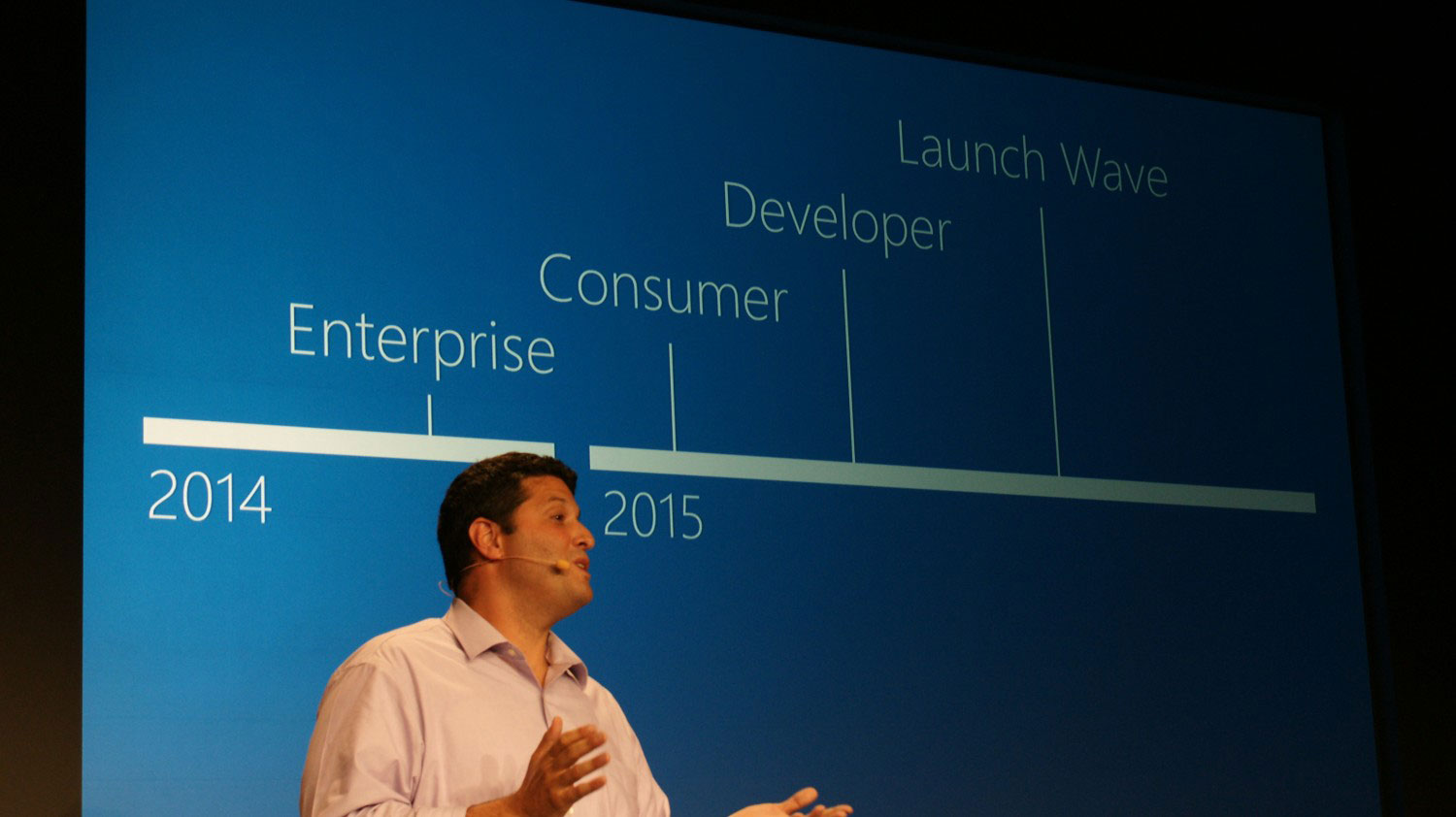There is one universal truth about business and IT: the time frame of upgrading to a new operating system is directly proportional to the size and complexity of the organization.
According to Gartner’s vice president Stephen Kleynhans, there are several factors why companies take their time to upgrade their systems, and in some cases even downgraded new PCs to earlier operating systems, like Windows 7.

The time frame in which the typical medium-sized organization upgrades their IT infrastructure, runs through the first two years, from the launch of a brand new operating system, however, as Kleynhans explains, "If you're a large company nothing happens really fast. If you're a small company the timeline is going to be a lot faster - if you're testing with 10 people you might be testing with ten percent of the company".
While that’s been true for Windows 8.1, which many companies have elected not to integrate into their infrastructure still, those same organization still running Windows 7, will be likely to upgrade to Windows 10 sooner, for two reasons:
First of all, the support for Microsoft Windows 7 ends in 2020, which leaves companies only 4 years to plan for their next IT migration, as Kleynhans points out: "Windows 7 comes to end of life in January 2020. That's only four and half years away so you're going to see the same sorts of pressures mount to get off of Windows 7. They need to go somewhere and they'll go to Windows 10".
Second, thanks to the Windows 10 Insider program, IT personnel has already had the time to test and learn the new operating system, and see its development, all the way up to RTM. According to the latest numbers, there are approximately 5 million Insiders who signed up, which suggests a large chunk of that number is currently running active Windows 10 installations.
Both business users and consumers are already familiar with an operating system that is very reminiscent of Windows 7, enough to ease the transition for many organizations, while at the same time, solving the problem of hardware and software compatibility.
The small business factor
Those who run small businesses, represent a category that will be very quick to adopt Windows 10, and that includes family-run operations, sole proprietors, and entrepreneurs capable of making faster decisions, although many of those will probably run non-business versions of Windows 10, such as Windows 10 Pro, which still provides access to the Windows Store for Business.